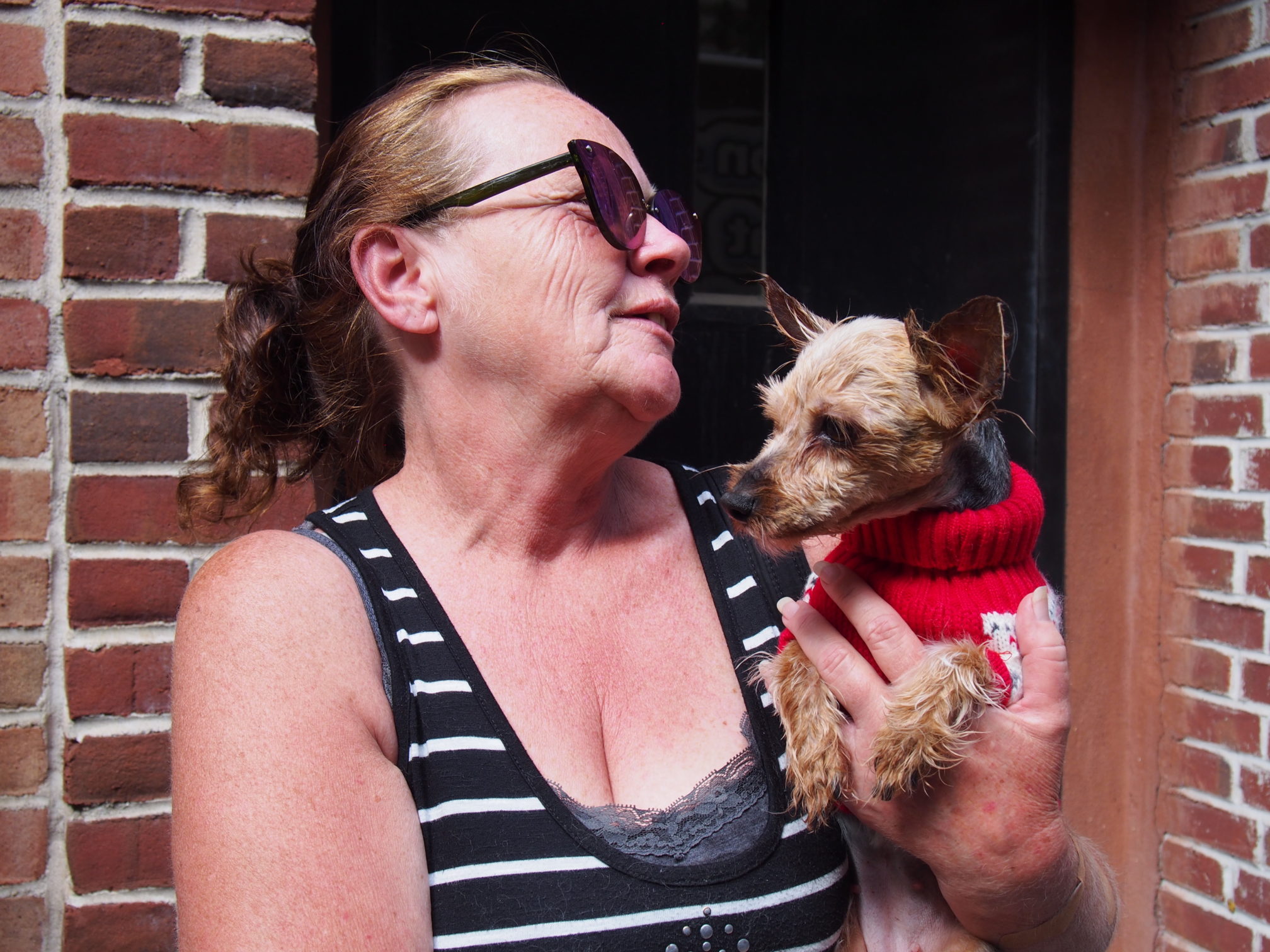Pet policy at city shelters keeps homeless New Yorkers on streets. Could that change?

After four years of couch-surfing and sleeping on the streets, Kathie Brewster was finally ready to enter a homeless shelter. But when she tried to check in with her 4-year-old Yorkshire Terrier, Pinks, shelter staff told her, “Absolutely no dogs.”
Brewster found a friend to look after Pinks. Without that help, she said, she would have been forced to walk away from the shelter back in 2017. “I really don’t know where I’d be,” said Brewster, 55, who now has a voucher for permanent housing.
City shelters accept service and emotional support animals, but homeless people with pets face an agonizing choice: give them away, or remain on the streets together.

Brooklyn Boro
View MoreNew York City’s most populous borough, Brooklyn, is home to nearly 2.6 million residents. If Brooklyn were an independent city it would be the fourth largest city in the United States. While Brooklyn has become the epitome of ‘cool and hip’ in recent years, for those that were born here, raised families here and improved communities over the years, Brooklyn has never been ‘uncool’.